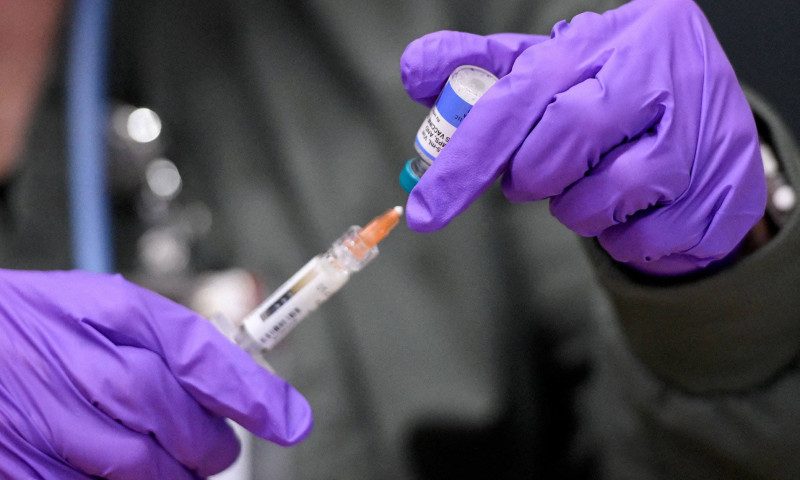The Centers for Disease Control and Prevention (CDC) has recently made a significant change to its official stance on the relationship between vaccines and autism, raising eyebrows and sparking debate in the public health community. The revised webpage now suggests that the link between the two has been ignored, a move that contradicts decades of scientific research and established medical consensus.
The CDC's updated webpage now includes statements that have been widely discredited, such as the claim that aluminum in vaccines might be associated with autism. This shift marks a stark departure from the CDC's long-standing position that vaccines do not cause autism. The revised wording has been criticized for promoting anti-vaccine talking points that lack scientific backing, potentially undermining public trust in vaccination programs.
This change is particularly concerning given the extensive research that has thoroughly debunked any link between vaccines and autism. The National Academy of Medicine, for instance, has long maintained that autism spectrum disorder (ASD) is not caused by childhood vaccinations. ASD is a developmental disability that can present significant social, communication, and behavioral challenges, and it is crucial to address misinformation that could lead to a decline in vaccination rates.
The revised CDC webpage has also been criticized for misinterpreting stronger research and for claiming that studies supporting a link between vaccines and autism have been ignored by health authorities. This narrative aligns with the views of prominent vaccine skeptics, including Health Secretary Robert F. Kennedy Jr., whose doubts about the scientific consensus have been echoed in the updated CDC messaging.
The implications of this shift are far-reaching. Vaccinations are a cornerstone of public health, protecting communities from a variety of preventable diseases. The CDC's new stance could potentially erode public confidence in vaccine safety, leading to lower vaccination rates and a resurgence of diseases thought to be under control. This poses a significant public health risk, as it could jeopardize the hard-won gains in disease prevention achieved through widespread immunization.
The CDC's revised position on vaccines and autism underscores the importance of transparent and evidence-based public health communication. As the scientific community continues to advocate for vaccination as a safe and effective means of disease prevention, it is crucial for health authorities to adhere to well-established scientific principles. The recent changes in the CDC's messaging serve as a reminder of the delicate balance between public health policy and the broader societal impact of misinformation, especially in the realm of vaccination and autism.



